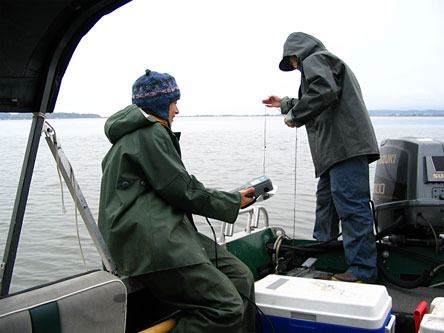ARLINGTON — More than 20 years after the state shut down tribal shellfish harvesting in Port Susan, about 1,800 acres of shellfish beds in the area will be reopened April 2.
“This is a great accomplishment,” said Shawn Yanity, fisheries manager for the Stillaguamish Tribe. “Last year, we had a First Salmon Ceremony for the first time in more than 20 years. The opening of Port Susan gives us another opportunity that we haven’t had for ages.”
The state Department of Health closed the bay, which is located west of Warm Beach, in 1987 because of fecal pollution. According to a release from the Northwest Indian Fisheries Commission, threats to the bay’s water quality included a dozen dairy operations, three wastewater treatment facilities and a densely developed Warm Beach.
Due in part to a push by the Stillaguamish Tribe’s natural resources department, the tribe started sampling water in 1998 to determine where the contamination was coming from.
The tribe worked with Snohomish County Water Division, Stillaguamish Diking District and the Snohomish County Conservation District.
“The Warm Beach community was really helpful in giving us access to dairies, and the places they kept horses,” said Stillaguamish Tribe biologist Don Klopfer. “When our tests showed that some of the contamination came from horses, they moved their horses away from water sources.”
Data collected by the tribe was shared with the Snohomish County Health District, which helped correct problems in the area such leaky septic systems and illegal sewer hookups, according to the release.
Water samples have been processed by the state Department of Health since 2002, and a recent sanitary survey found that tribe’s most recent samples passed the shellfish water quality standard.
According to the release, nearly all the shellfish beds being reopened are owned by The Nature Conservancy, which manages the tidelands at the Port Susan Preserve.








